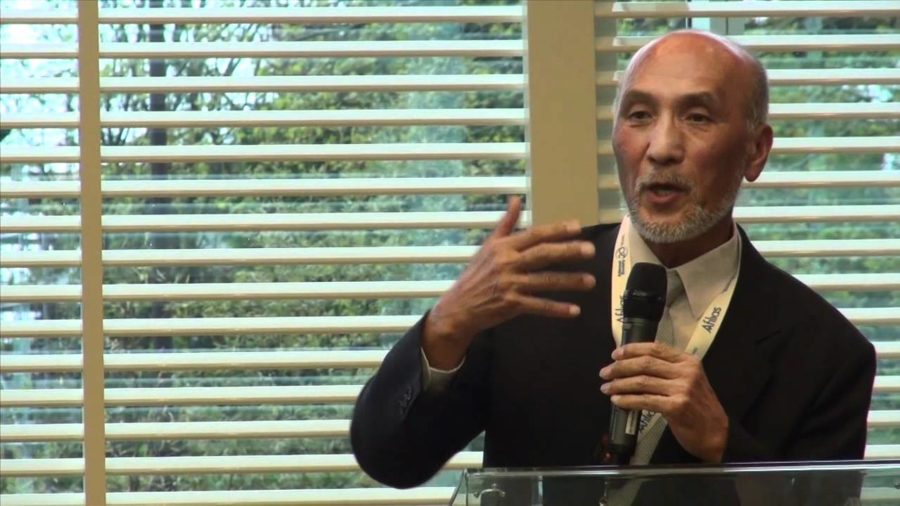I…my interests I explain this way. Okay, when you move out of this room, you cannot use the Internet anymore. Then what would you do? Today, we have two billion people, including us, who can access the Internet. Then there is just simple math. There’s five billion people who don’t have access to the Internet. That’s my concern. Ten, fifteen years ago, I’d go, “Ugh, the other million.” Today we say the other billions. And twenty years ago I said the other thousand.
Until about the five years ago, it was so difficult to provide a computer. We couldn’t even think about the Internet. How can we provide a computer to the other billions, five billion people, whose income is typically a hundred dollars per month? So, they could spend about ten dollars or less.
But the whole thing changed about five years ago because we all have a smartphone. All of a sudden, almost everybody can have a smartphone. First us, and in the coming years almost anybody in developing countries. So the forecasting goes this way: today we have two billion people with Internet access, and five billion people without. In ten years, it’s the other way around. Five billion people with Internet access, two billion people without, means practically anybody who needs to access the Internet could access, in ten years.
Then what we have to do now, we have to develop infrastructure. Communication infrastructure and the institutional infrastructure, otherwise we cannot use the Internet properly. The USA, Europe, Japan, Korea, we spent so many years to develop infrastructure. And now the rest of the world, they have only five, ten, fifteen years to develop those infrastructures, including security, which I’m working in Africa. Or Like training, human resource development. Everything you do, the first problem is not the money. We just don’t have people who can train, who can lead. So human resources, and the security, all kinds of things. So I hope you can join to develop a good global infrastructure [in such a way?] we have to live together. Thank you.
